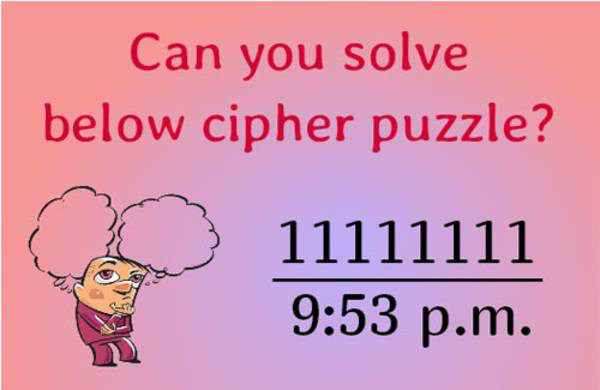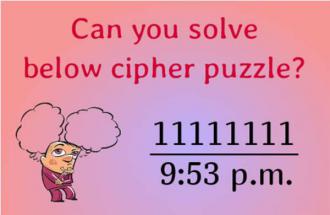
5 Blondes celebrate
Five blondes go into a bar and one of them says to the bartender, "A round of drinks for me and my friends."
They get their drinks and the raise their glasses to a toast of, "To 51 days!" and they drink.
The "head blonde" asks the bartender to set them up again.
Again, the blondes toast "To 51 days!" and they drink. After they order a third round, the bartender says that he has to ask what the toast means.
The head blonde says, "We just finished a jigsaw puzzle. On the box it said, "two to four years" and we finished it in 51 days".

